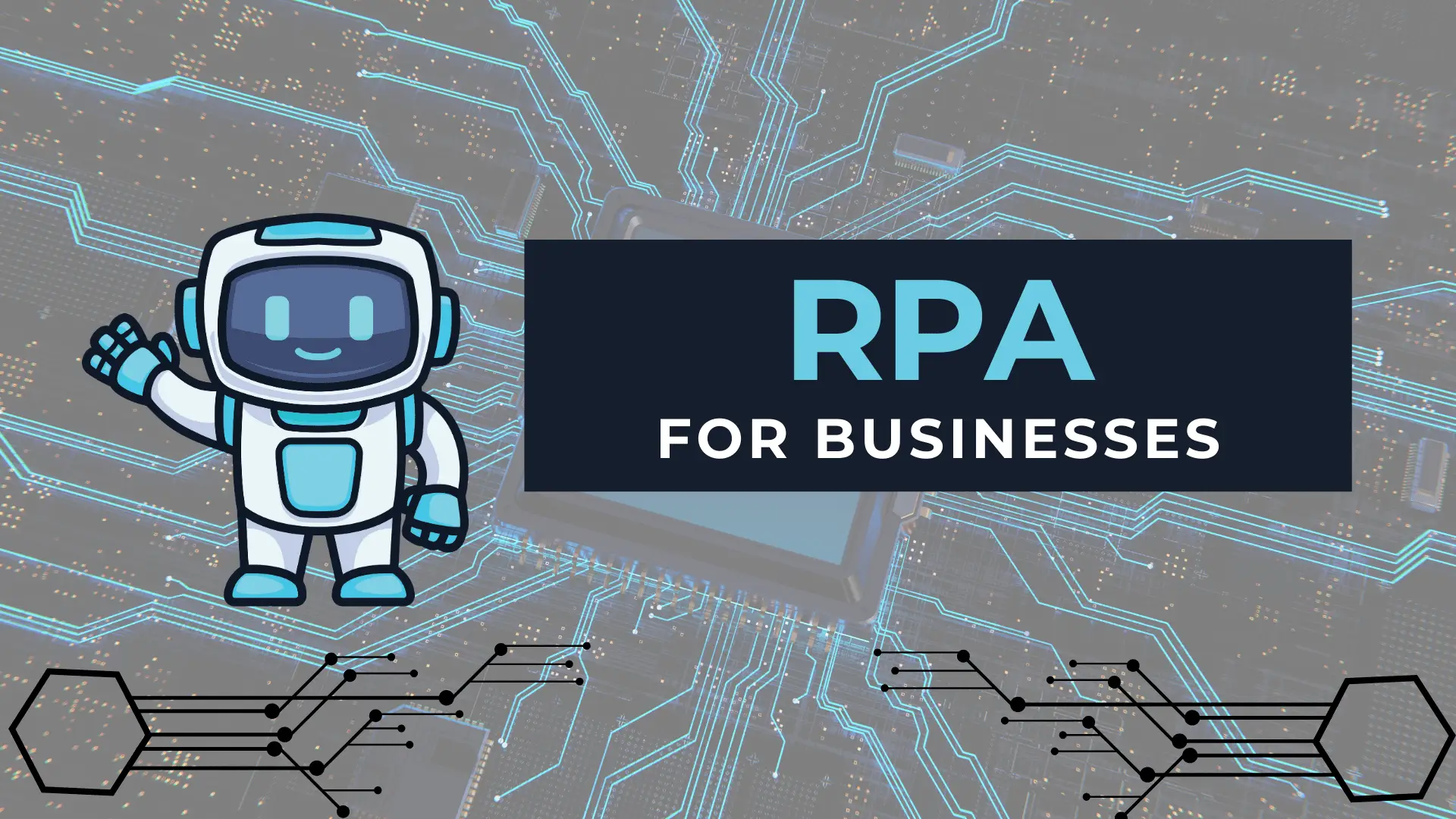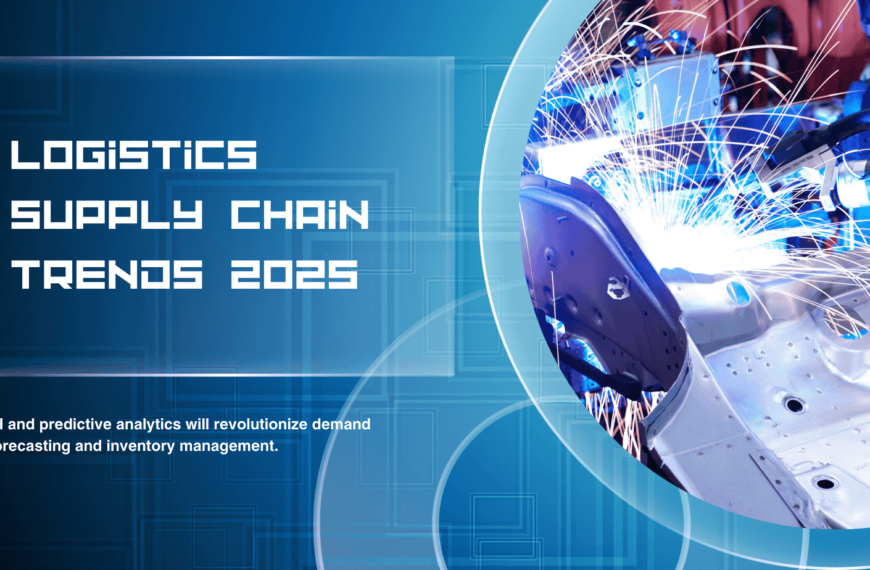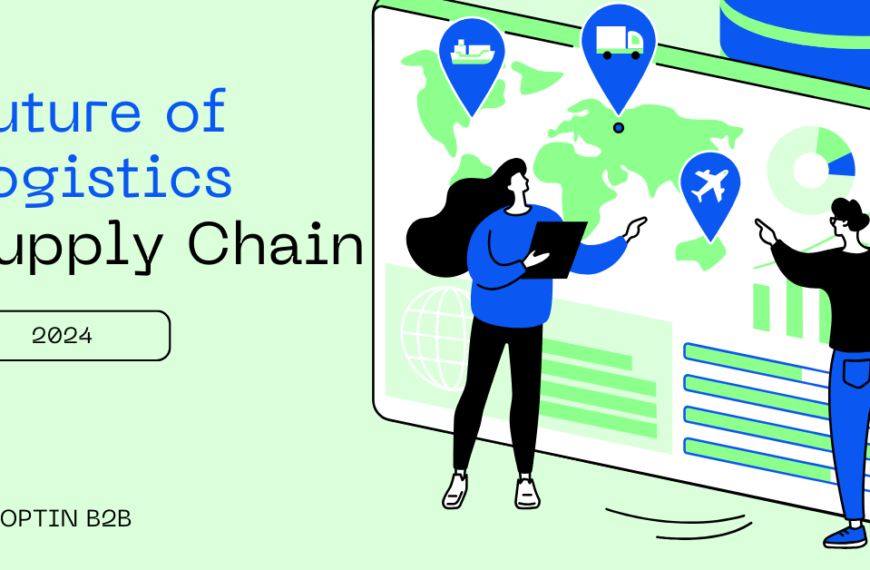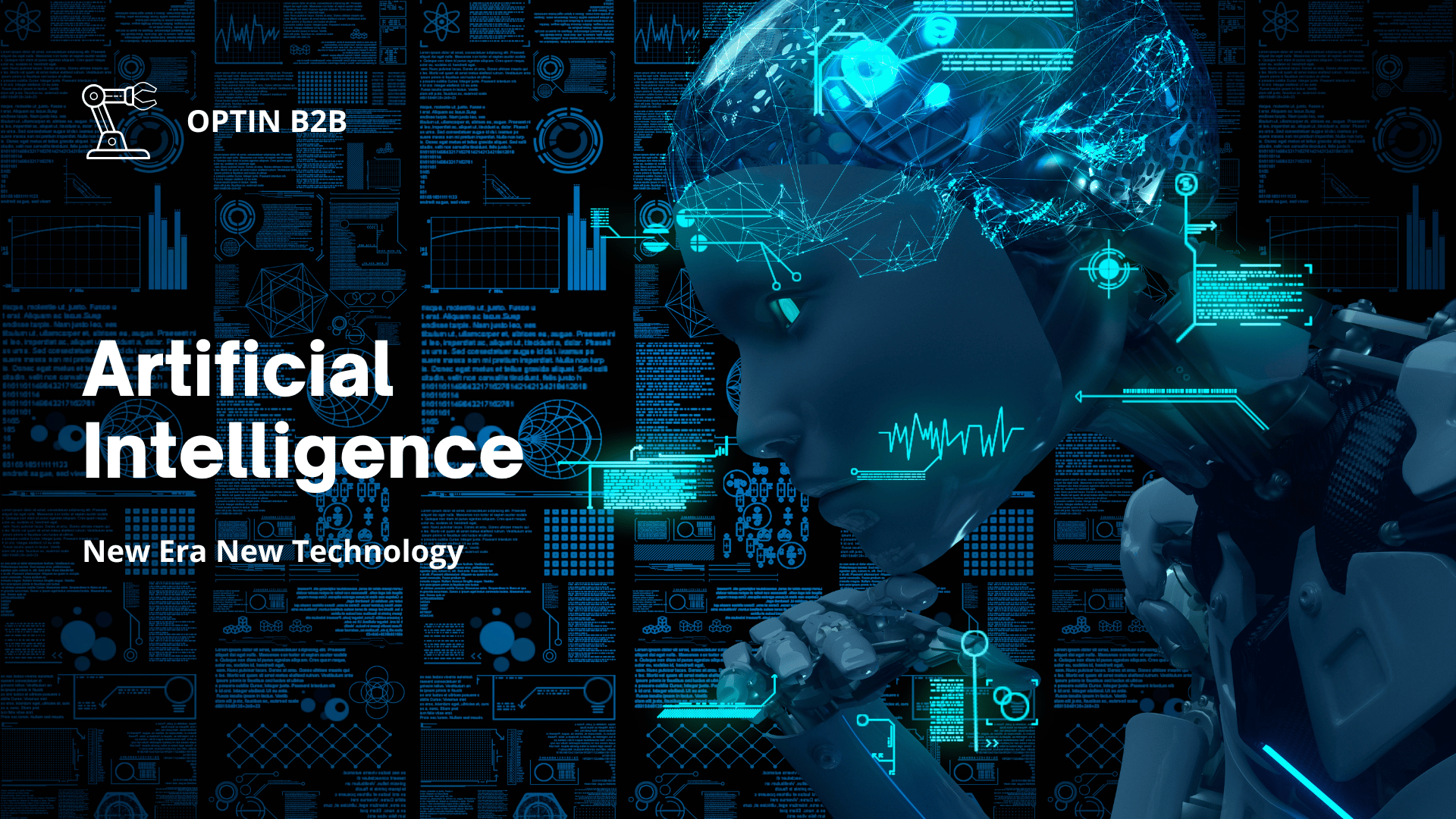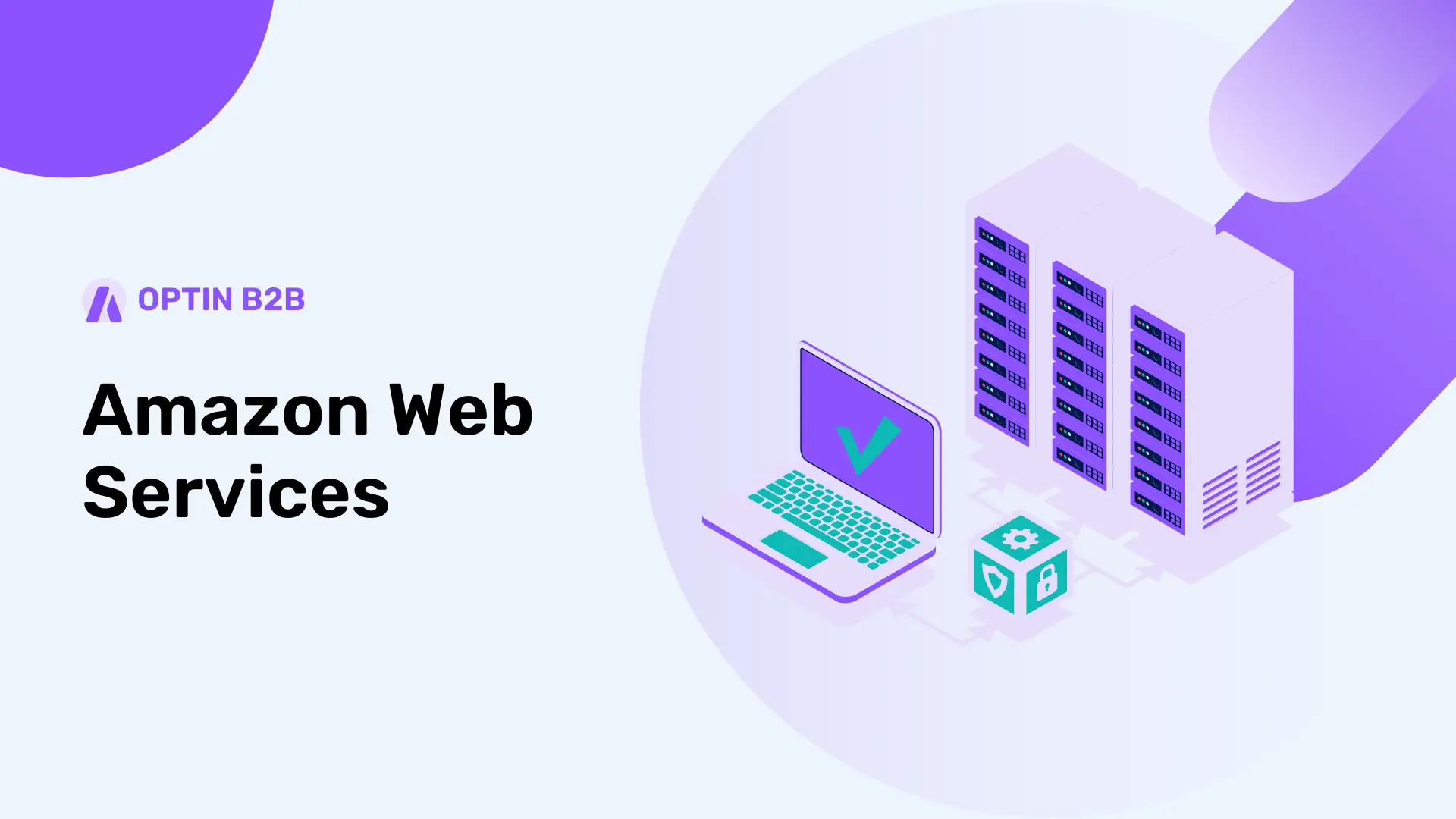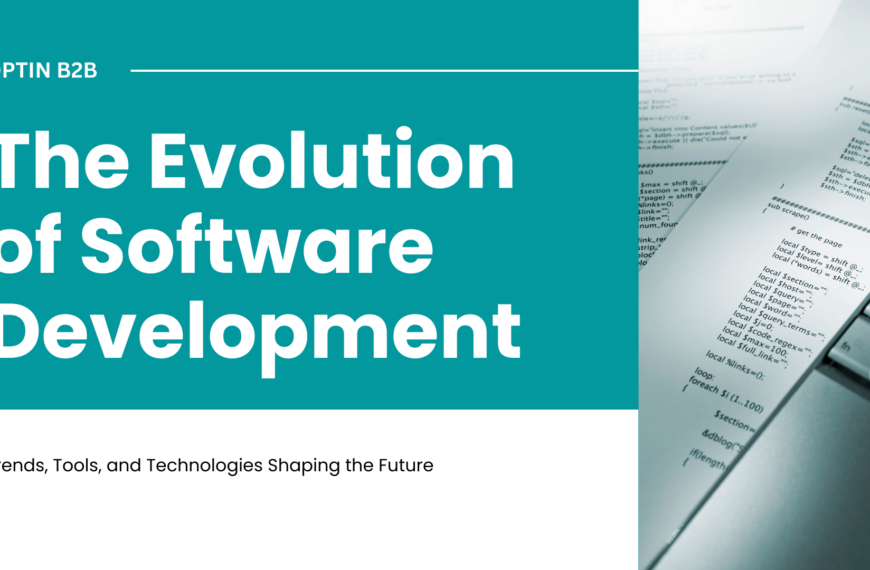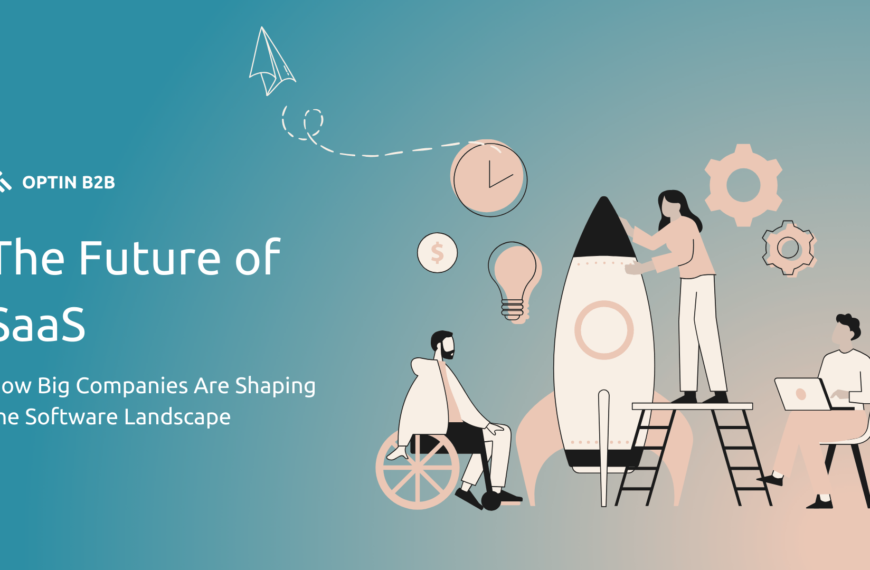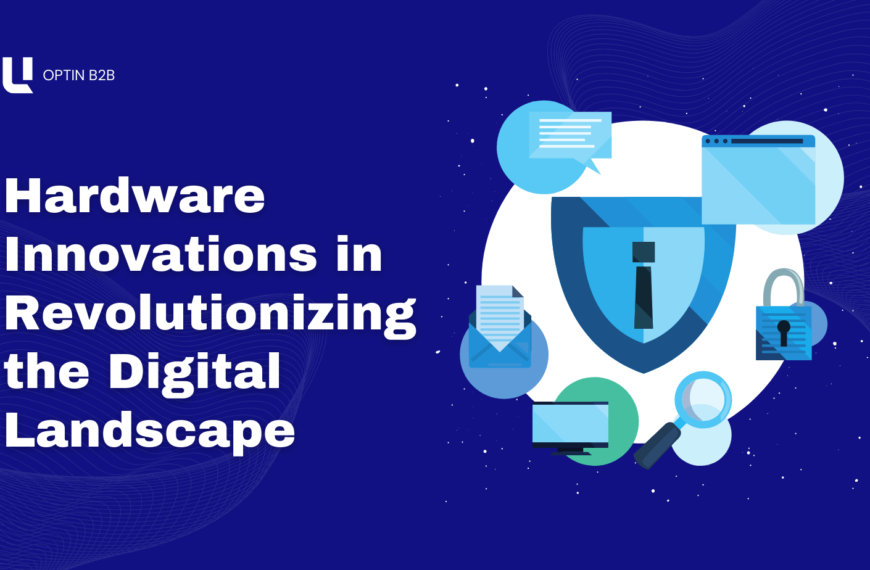As businesses strive to enhance operational efficiency, UiPath has emerged as a leader in the Robotic Process Automation (RPA) market. By utilizing AI-driven robots to automate repetitive tasks, UiPath is helping organizations in sectors such as finance, human resources, and customer service reduce costs, increase productivity, and improve accuracy.
The platform’s user-friendly interface allows businesses to implement RPA solutions quickly and with minimal technical expertise. With its drag-and-drop functionality, users can design workflows and automate business processes without needing to write complex code. This simplicity has made UiPath accessible to a wide range of industries, from startups to large enterprises, all seeking to reduce manual intervention and human error.
One of the standout features of UiPath is its AI integration, which enables automation not only for structured tasks but also for unstructured data. By leveraging AI capabilities, businesses can automate document processing, customer service inquiries, and even predictive analytics. This AI-driven automation opens the door to next-generation business operations, where machines collaborate with humans to improve decision-making.
Additionally, UiPath’s cloud-based architecture allows businesses to scale their automation efforts with ease. As a result, companies are able to automate more processes across the organization, from finance to supply chain management, which enhances overall efficiency and effectiveness. The ability to scale without additional hardware investments makes UiPath a highly cost-effective solution for businesses seeking long-term success.
Ultimately, UiPath is reshaping the future of work, allowing businesses to focus on strategic initiatives rather than being bogged down by time-consuming tasks. Its combination of AI and automation is enabling companies to unlock significant value, making it one of the top choices for organizations looking to transform their operations in 2024.

